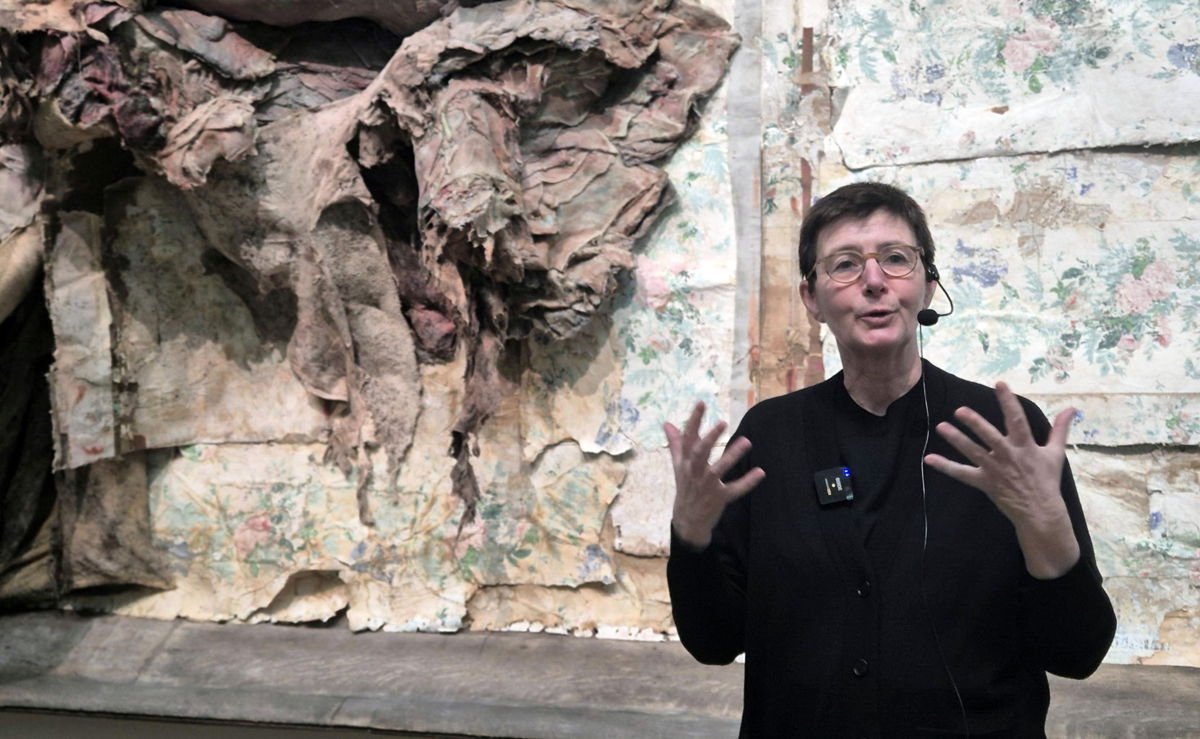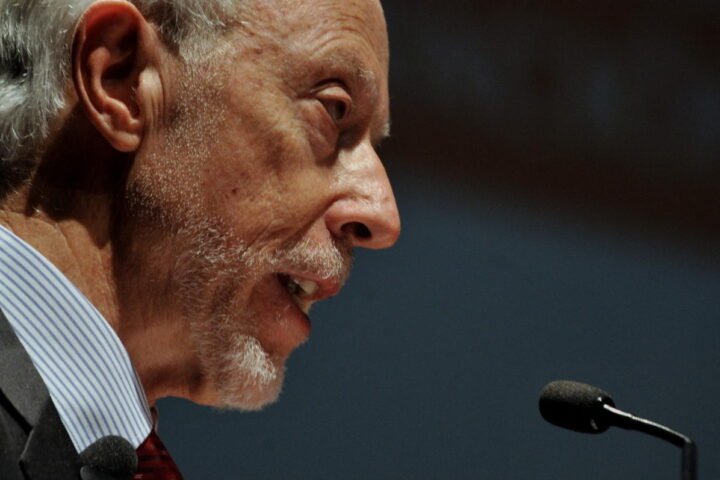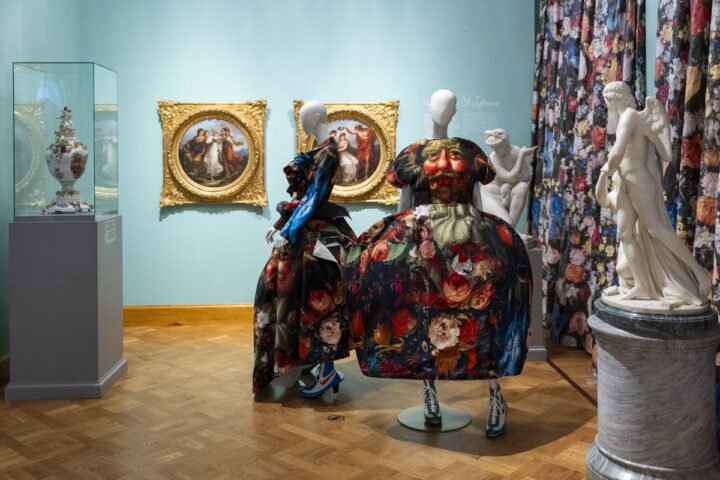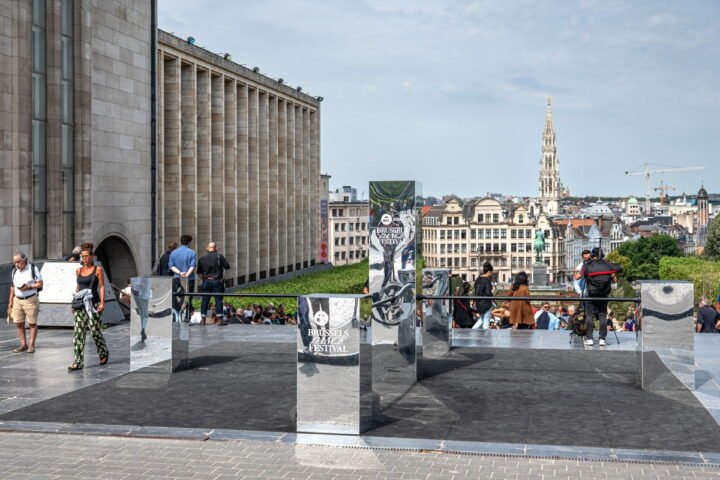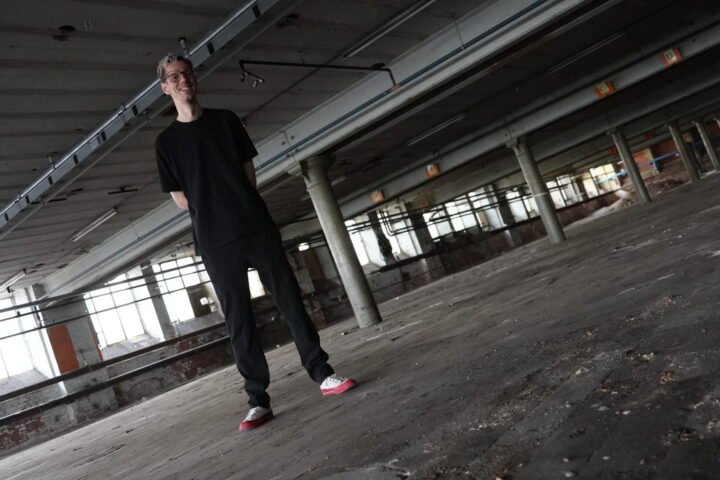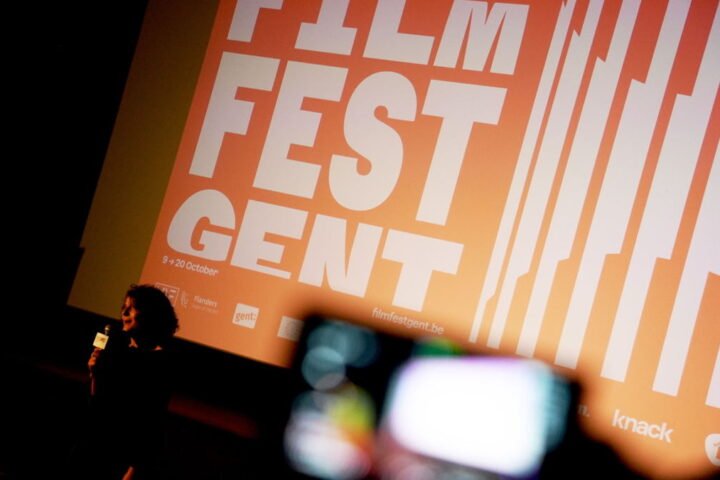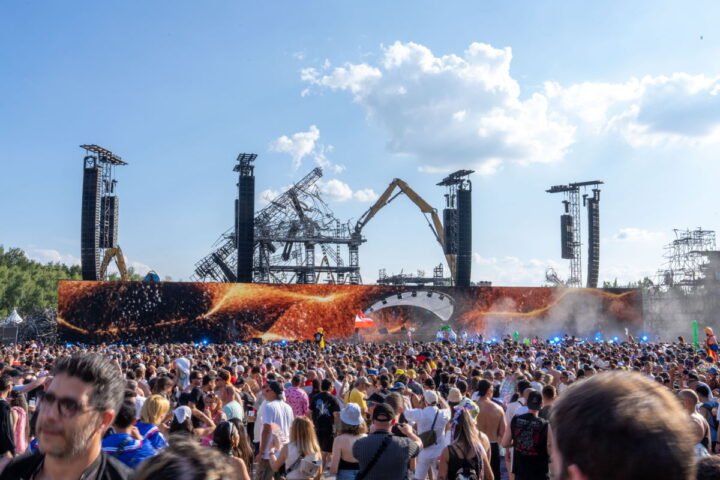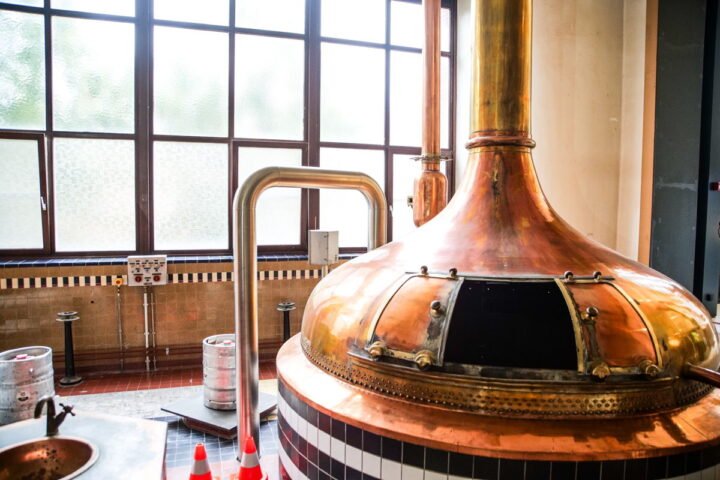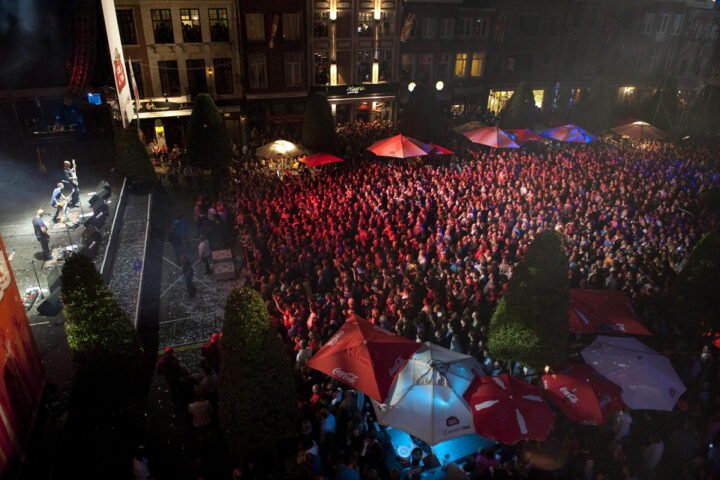Berlinde De Bruyckere Explores Humanity in New Exhibition at Bozar
Berlinde De Bruyckere’s latest exhibition, Khorós, is currently on display at Bozar in Brussels, showcasing her three decades of exploration into the human condition, nature’s power, and the complexity of emotions such as love and suffering. The exhibition highlights her poignant sculptures, installations, and collages, which delve into themes of mortality and transformation, reports 24brussels.
Born in Ghent in 1964, De Bruyckere’s works reflect a profound engagement with the vulnerability of mankind. She uses various mediums, including wax, animal skins, and discarded materials, to create hybrid forms that display both vitality and decay.
De Bruyckere, who grew up as a butcher’s daughter, gained significant inspiration from her early exposure to animal carcasses. Her monumental installations, notably featuring hanging horse carcasses, began during her exhibition at the In Flanders Fields Museum in Ypres. This unique material choice offers a visceral commentary on life and death, informed by her close encounters in slaughterhouses.
In 2013, she represented Belgium at the Venice Biennale, unveiling Kreupelhout – Cripplewood, distinguished by its fusion of natural and human elements, emerging as a powerful commentary on trauma. Her recent work, City of Refuge III, showcased in a Renaissance-style church, pays homage to healthcare workers who alleviated suffering during the Covid pandemic.
De Bruyckere constructs her pieces to engage viewers in reflection, often integrating themes of compassion. In her current exhibition, she addresses sexuality—an aspect she feels is often overlooked—positioning it alongside her ongoing dialogue with influential artists, such as Renaissance painter Lucas Cranach and modern icon Patti Smith.
In an interview, De Bruyckere stated, “My work is always a reflection of how I observe and question the world, both as a human being and as an artist.” This introspective approach underscores her intent to evoke both discomfort and solace through art, encouraging viewers to contemplate contemporary wounds inflicted across various domains, including war zones and hospitals.
Her artistic vision is notably influenced by Flemish Renaissance traditions and broader global cultures, particularly evident in her admiration for mythologies encountered during her travels. In her latest exhibition, Khorós extends her exploration of the human experience, pushing the boundaries of artistic expression through innovative use of materials and profound thematic content.
De Bruyckere’s compelling work at Bozar not only challenges perceptions of art but also fosters a deeper understanding of the human experience through its intricate blend of beauty and horror, inviting profound engagement from its audience.
